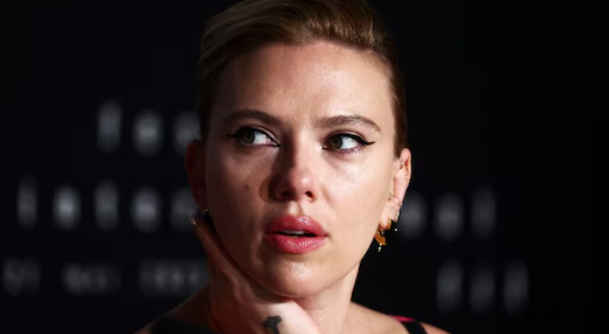Scarlett Johansson sues OpenAI over Unauthorized Voice Replication
Scarlett Johansson’s lawsuit against OpenAI for using her voice without her permission brings up an important question in the age of artificial intelligence (AI): who owns one’s voice and who can use it without permission. This is a problem that affects public figures all over the world, not just celebrities like Scarlett Johansson.
Understanding Voice Replication and Privacy Challenges
AI technologies that are very advanced can now accurately copy human sounds. Concerns about privacy are raised by this feature, especially in places like India where voice phishing scams are common. When AI is used to imitate voices, it could cause more financial and mental harm by tricking people into falling for convincing scams.
Intellectual Property Rights and Voice
The biggest problem in the legal system is figuring out if someone’s voice or certain speech patterns are intellectual property (IP) that can be protected. The way copyright law is interpreted now doesn’t clearly cover individual voices unless they are recorded during a show. These laws aren’t very clear, which means that there needs to be more specific rules about digital identities.
Global and Local Legal Frameworks
International rules, such as the General Data Protection Regulation (GDPR) of the EU, offer ways to keep personal data safe from AI systems that might misuse it. But the regulation and use of voices made by AI are still not fully developed. In India, even though there are innovative programs like the IndiaAI Mission, copyright rules aren’t very good at stopping people from abusing AI to copy voices and personal traits.
Need for Proactive Legislation and Public Awareness
It’s important to protect people’s rights against AI’s abilities by adding protection for AI-generated voices and traits to copyright rules. Setting rules for getting permission before using someone’s voice and improving ways to police the law are also important steps. Educating people about the dangers of AI-generated voices is another important way to protect and educate the public.
More About voice phishing scams
Understanding Vishing:
- Voice phishing, or vishing, is a deceptive practice where scammers use phone calls to trick individuals into revealing sensitive information.
- Scammers often use caller ID spoofing to make their calls appear legitimate, mimicking trusted entities like banks or government bodies.
- They utilize VoIP technology to make mass calls cheaply, increasing their reach and potential impact.
How Vishing Scams Operate
- Vishing scams typically follow a pattern designed to exploit trust and create a sense of urgency.
- Scammers often ask for private data like passwords or account information by saying they need to check your security or restore your account.
- They prompt for immediate action, playing on urgency and fear to elicit quick responses.
- Sometimes, vishing involves automated voice simulations to interact with victims without a human operator.
Protecting Yourself from Vishing
- To safeguard against vishing, it’s crucial to verify calls independently.
- Always contact organizations through their official channels to confirm the legitimacy of any request.
- Be aware of common vishing tactics and remain cautious when receiving unsolicited calls asking for personal information.
Month: Current Affairs - May, 2024
Category: International / World Current Affairs • Science & Technology Current Affairs


